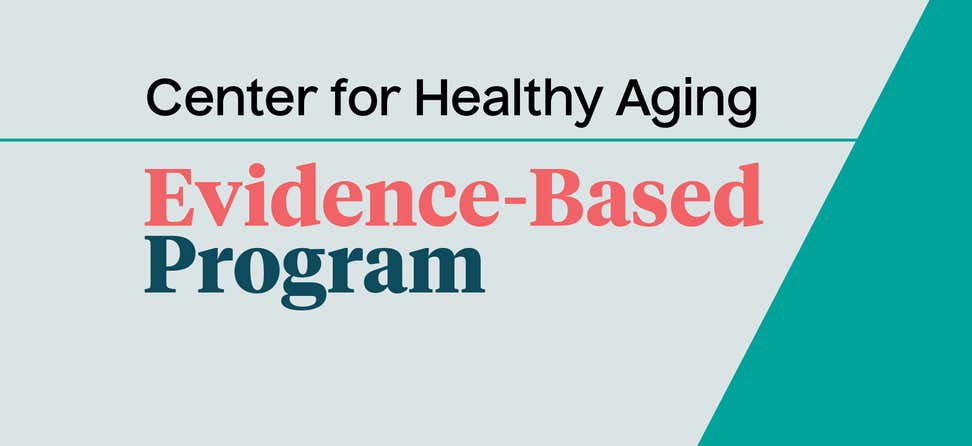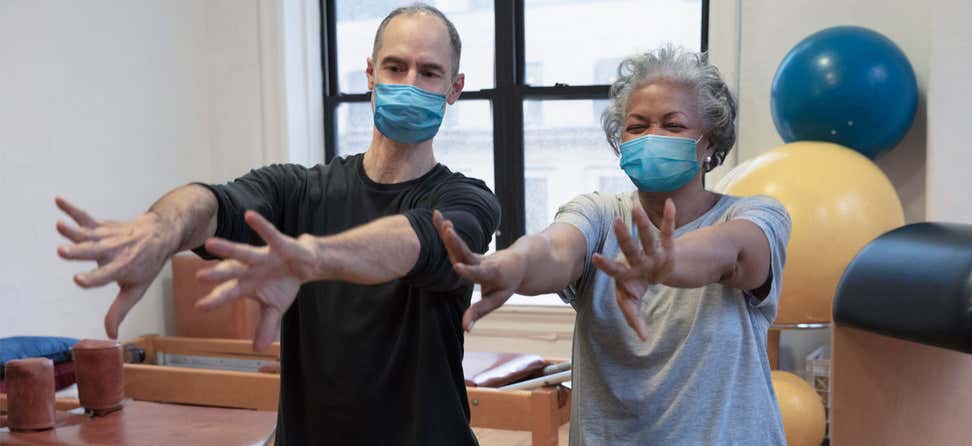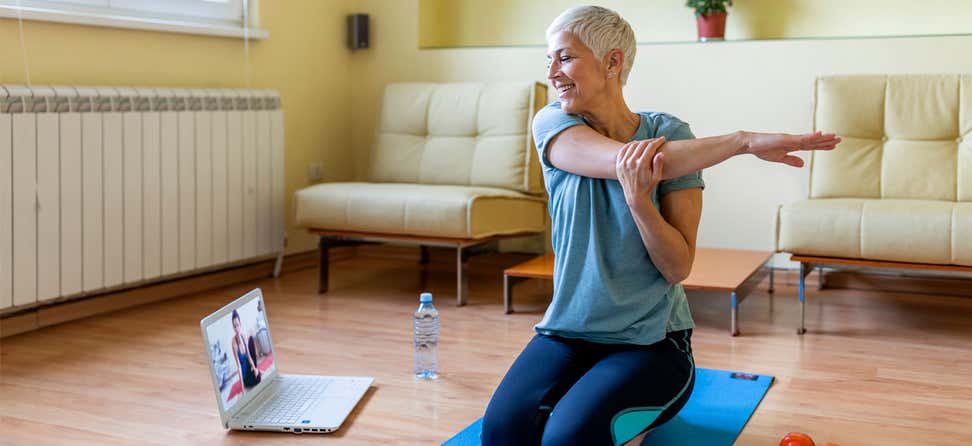Key Takeaways
Use HomeMeds in your community to support older adults in understanding their medications and identifying duplication or medication-related problems.
HomeMeds is an important medication safety intervention that is a perfect means for attracting contracts with health plans, health systems and provider groups. It is relatively easy to implement and affordable. The program activities consist of:
- In-home collection of comprehensive medication inventory, interview related to adherence and potential adverse effects (falls, dizziness, confusion), documentation of 2-position vital signs
- Entry of medication and other assessment information into web-based HomeMeds software
- Review by pharmacist (or nurse practitioner or physician) of any alerts for potential medication-related problems
- Recommendations for medication changes made to prescriber(s) and/or client/family
- Training provided either in person or online for staff doing the home visit and medication assessment. Startup and program design consultation required. Monthly license fee for access to software.
Note: Track health promotion program guidance during COVID-19 regularly for updates to program implementation and training options. Allowable implementation methods during COVID include telephonic collection methods through Zoom, FaceTime or over the phone.
- Target audience: Older adults and people with chronic conditions treated with medications
- Health outcomes:
- Improved medication use overall: Assessments occurred at baseline (within 2 weeks of admission) and at follow-up (between 6 and 12 weeks after the baseline assessment). At follow-up, the percentage of patients with an improvement in medication problems was higher for the intervention group (50%) than the control group (38%) (p = .05)
- Improved use of cardiac medications: At follow-up, the percentage of patients with an improvement in cardiovascular medication problems was higher for the intervention group (55%) than the control group (18%) (p = .017)
- Decreased therapeutic duplication: Assessments occurred at baseline (within 2 weeks of admission) and at follow-up (between 6 and 12 weeks after the baseline assessment). At follow-up, the percentage of patients who stopped using at least one duplicative drug was higher for the intervention group (71%) than the control group (24%) (p = .003)
- Please consult the ACL ADEPP report or our AHRQ Innovation Exchange profile.
- Delivered by: Coach, nurse, social worker/mental health therapist, pharmacist, community health worker, anyone trained to go into the home and do assessments
- Program type: Individual
- Format: In-person at home, telephone, online (video conference)
- Length: One home visit and any needed follow-up with pharmacist, provider and client/family
- Training: online, in-person
- Professional required: Yes, pharmacist, nurse practitioner or physician to review any alerts of potential medication-related problems and communicate with client, family and prescribers
- Accessibility adaptations available: Yes
- Cultural adaptations available: No
- Available in languages other than English: No available languages other than English currently within the online assessment however, we do have the data collection form, which is main component of the assessment, and information flyers about HomeMeds in Spanish
- Topic(s):
- Medication Management
- Fall Prevention
- Pain Management
- Behavioral Health
- Substance Use
*Allowable implementation methods during COVID include telephonic collection methods through Zoom, FaceTime or over the phone.
- Guidance for Remote Implementation: Identifying, assessing, and resolving medication problems for older adults is still a priority, even as social distancing measures are in place in communities across the country and home visits are not possible.
Given that HomeMeds participants have varying levels of technology in their homes, there are three models to help licensees and users to address medication-related problems and errors while staying safe and healthy.
The following recommendations for HomeMeds (also known as the Medication Management Improvement System) should be done in line with the policies and procedures of your organization and the directive provided by your health department.









